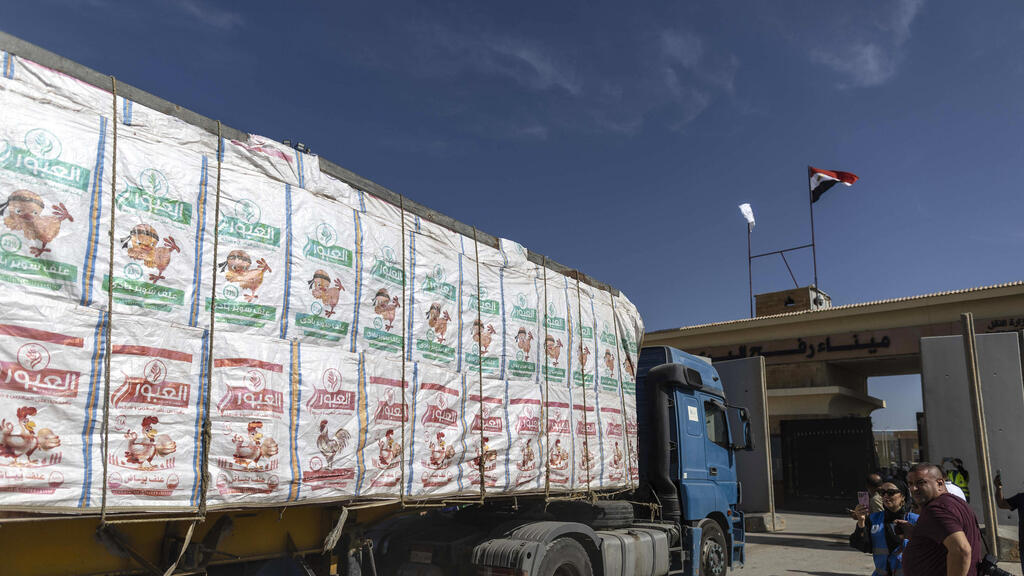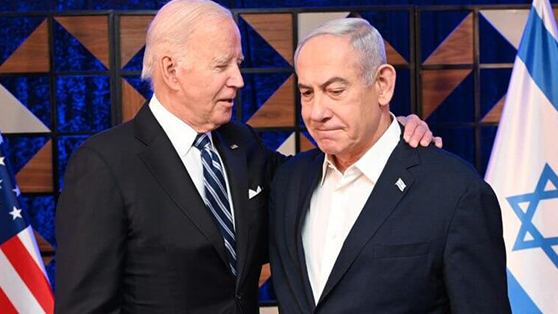Getting your Trinity Audio player ready...
Prime Minister Benjamin Netanyahu and U.S. President Joe Biden on Monday agreed to significantly increase the amount of aid to the Gaza Strip, and allow 100 trucks carrying food, water and medicine, to be delivered through the Rafah border crossing with Egypt but also agreed that fuel would not be delivered to Gaza, incase it is used by Hamas to operate its war machine.
Read more:
Israeli officials said providing aid would prevent a humanitarian crisis and encourage more of the residents of Gaza to move south to be out of harms way while the IDF continues and increases the scope of its land incursion. The officials said 90% of the civilians have already moved to safety.
Prime Minister Benjamin Netanyahu said the humanitarian assistance would grant Israel freedom to reach its objectives in the war and noted Israel was not providing the aid which included food, and medicine and was inspected by Israeli security officials before it was allowed to enter Gaza. "These are supplies for civilians and if it becomes clear that they are taken by Hamas, they will be stopped," he said.
National Security Minister Itamar Ben Gvir opposed the decision claiming it would harm Israel's negotiating power in efforts to secure the release of hostages held by Hamas after they were abducted on October 7. He said no aid should be delivered while women and children were being held by the terror group.
2 View gallery


A truck carrying humanitarian aid for Gaza at the Rafah border crossing from Egypt
( Photo: Mahmoud Khaled / Getty Images)
Strategic Affairs Minister Ron Dermer said the provision of aid was part of Israel's strategy in the war and helped secure more time and international legitimacy for the fight.
On Sunday, Gazans stormed the storages of food and supplies operated by the UN agency for refugees UNRWA.



